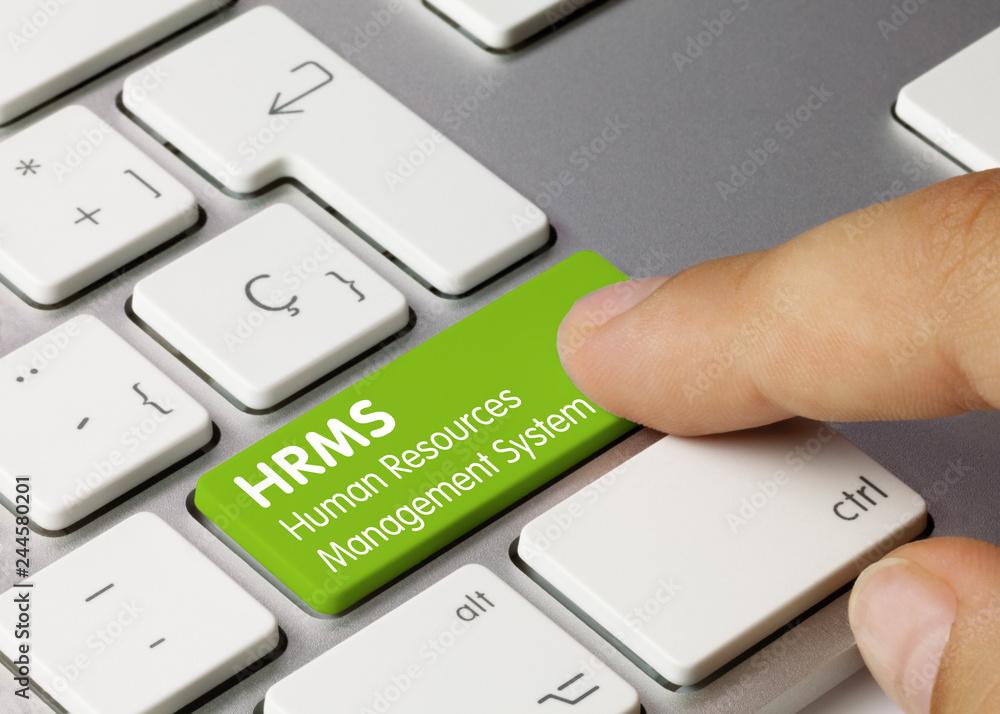HRMS, or Human Resource Management System, is a software application that helps organizations manage and automate many of their HR-related tasks and processes. Here are some reasons why HRMS is important for your enterprise:
Increased efficiency: HRMS can automate many administrative tasks, such as data entry, record keeping, and report generation, freeing up HR staff to focus on more strategic tasks.
Improved data accuracy: By reducing manual data entry and maintaining a single, centralized database, HRMS can help ensure that employee data is accurate and up-to-date.
Better decision-making: HRMS can provide HR managers with access to real-time data and analytics, allowing them to make more informed decisions about hiring, performance, and other HR-related matters.
Enhanced compliance: HRMS can help ensure that your organization remains compliant with relevant laws and regulations, such as those related to payroll, benefits, and employment records.
Improved employee engagement: HRMS can provide employees with self-service portals where they can access their own HR information, such as pay stubs, benefits information, and time-off requests, which can improve engagement and satisfaction.
Compliance: HRMS helps ensure compliance with various labor laws and regulations, such as payroll taxes, employee benefits, and overtime policies.
Data security: HRMS can help ensure the confidentiality and security of employee data, including personal information, employment history, and performance reviews.
Time and attendance tracking: HRMS can automate the tracking of employee time and attendance, reducing errors and streamlining the payroll process.
Employee self-service: HRMS can provide employees with self-service options, such as the ability to update personal information, check pay stubs, and request time off, reducing administrative work for HR staff.
Talent management: HRMS can help with talent management, including recruiting, onboarding, performance management, and succession planning.
Analytics and reporting: HRMS can generate reports and analytics on various HR metrics, such as employee turnover, training effectiveness, and workforce demographics, to help inform decision-making.
Integration with other systems: HRMS can integrate with other systems, such as accounting, CRM, and project management software, to streamline business processes and improve overall efficiency.




